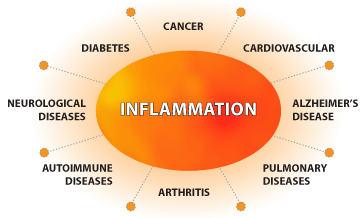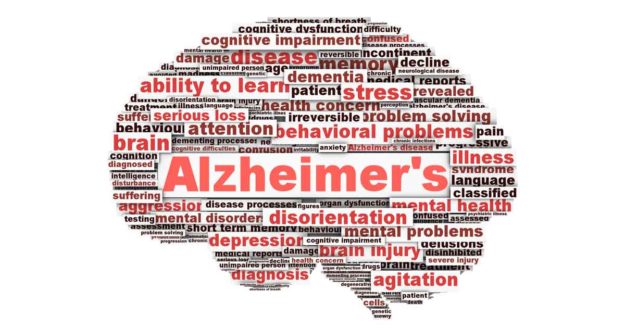How to Reduce Stress If You Have Alzheimer’s
Reducing Stress
Struggling with Alzheimer’s or dementia creates a tremendous amount of stress in your life. Too much stress can be overwhelming and adversely impact your health and functional capability. Utilizing the following tips to reduce stress may help increase your concentration, improve judgment, and overall quality of life.
Symptoms of Stress
Everyone tackles stress differently, but it’s apparent that stress can hinder your quality of life if not handled correctly. If stress becomes overwhelming, you may find yourself frantically coping with medication or excessive alcohol, if this occurs see a healthcare professional as soon as possible. If you ignore these symptoms your physical and mental health may be damaged. It’s critical you know and recognize the warning signs of stress:
- Denial: Are you struggling to come to terms with your diagnosis and how it may affect others around you such as loved ones?
- Anger: Are you continually snapping at others for often no reason or when they don’t relate to how you’re feeling?
- Social Withdrawal: Are you slowly reducing the amount of time spent with close friend and family in addition to activities that initially made you happy?
- Anxiety: Are you becoming anxious more frequently?
- Depression: Are you noticing any symptoms of depression?
- Exhaustion: Do you regularly feel tired and find yourself unable to complete normal tasks?
- Sleeplessness: Are you having trouble falling and staying asleep due to worries or concerns?
- Irritability: Are you noticing that you’re more snappy and moody or losing your temper easily?
- Poor Focus: Are you struggling with concentrating on tasks or conversations?
- Health Concerns: Are you showing signs of adverse physical symptoms that may be hurting your mental and physical health?
Reducing Stress Tips
- Identify the source of stress in your life.
Finding the root of your stress and cutting it will ultimately serve as the best strategy to reduce stress.
- Confront the causes of stress and seek help with these triggers.
Viewing a scenario differently can help immensely; even the hardest situations have some positive aspects. Make an effort to be more optimistic whenever you can.
- Create boundaries and inform others about them.
It’s importing to tell people around you what you’re able to tolerate and what you will not.
- Find a relaxation technique that works for you.
Having a relaxation routine will help when feeling stressed or just overwhelmed.
- Regularly consult a close family member or friend that you trust about how you’re feeling.
- Create a safe and relaxing environment.
A chaotic environment will undoubtedly stress you out, create a safe and quiet place around you or find an area where you can relax and recollect yourself.
- Take breaks frequently.
And make sure to get enough sleep to increase your energy levels.
- Learn to release anger or contempt.
If a task becomes uneasy or someone upsets you, don’t bottle up your feelings, make sure you let the other person know how you feel in a calm manner and don’t get upset when you can’t complete a task.
- Utilize the following relaxation techniques:
- Exercise
- Outdoor Walking
- Writing down your thoughts and feelings in a journal
- Take a warm, soothing bath
- Work in your garden
- Listen to calm music
- Watch a relaxing or enjoyable TV show
- Yoga or meditation
- Deep breathing techniques
Read the full article at: www.alz.org
Most from this category

Another Study Reveals Inflammation Accelerates Progression of Alzheimer’s Disease
alzheimershelp - December 21, 2017
Protecting Neurons Could Prevent Depression and Cognitive Deterioration Caused by Alzheimer’s
alzheimershelp - November 8, 2017




















